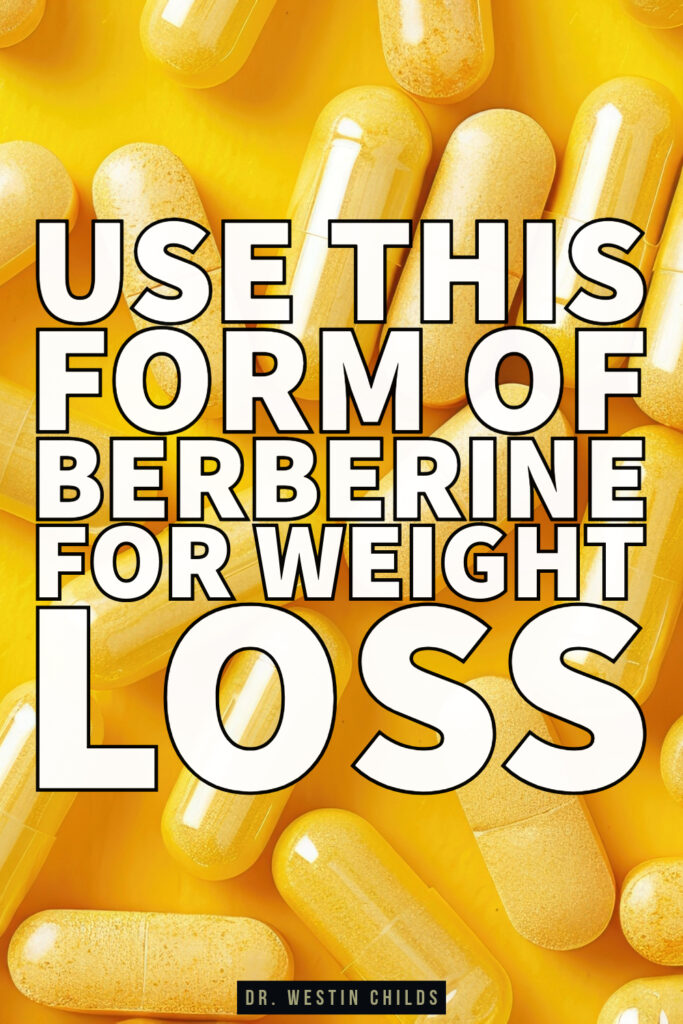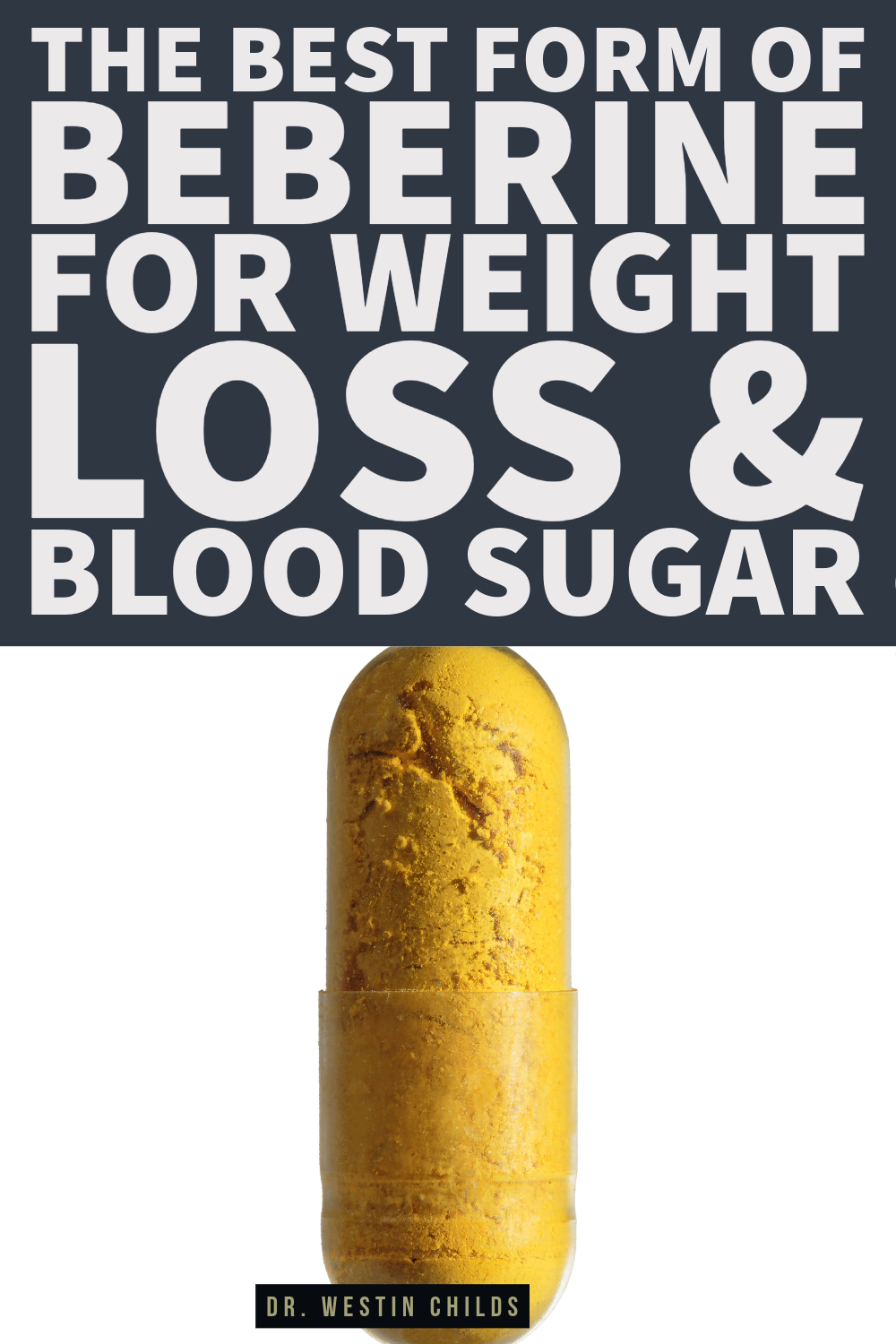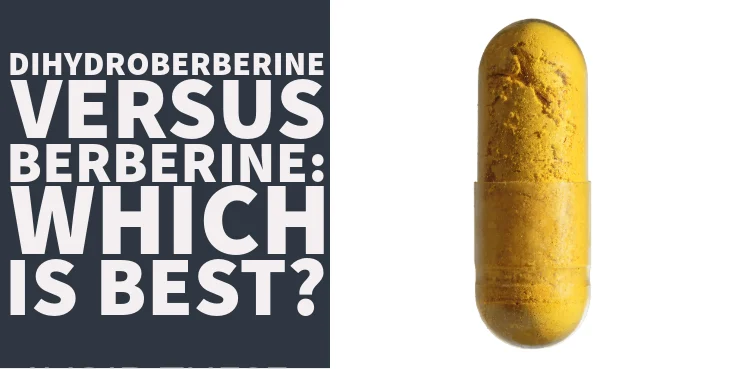Dihydroberberine Vs Berberine For Weight Loss

The quest for effective weight loss solutions has led many to explore natural alternatives. Among these, berberine, a plant-derived compound, has gained considerable attention. Now, a modified form, dihydroberberine, is emerging as a potentially superior option, sparking debate and research into its benefits and efficacy.
This article explores the differences between berberine and dihydroberberine, examining the science behind their purported weight loss effects, bioavailability, and potential advantages of the latter.
Understanding Berberine
Berberine is an alkaloid found in several plants, including goldenseal, barberry, and Oregon grape. It has been used in traditional Chinese medicine for centuries to treat various ailments.
Its mechanism of action is multifaceted. Studies suggest it impacts cellular processes, including activating AMP-activated protein kinase (AMPK), an enzyme that plays a crucial role in regulating energy metabolism.
Activation of AMPK can lead to increased glucose uptake by cells, improved insulin sensitivity, and reduced production of glucose in the liver, potentially aiding in weight management.
The Bioavailability Challenge
One of the main challenges with berberine is its poor bioavailability. This means that the body struggles to absorb and utilize a significant portion of the ingested compound.
Much of the berberine is metabolized in the gut, limiting the amount that reaches the bloodstream and exerts its beneficial effects. This has led researchers to seek ways to improve its absorption and efficacy.
Enter Dihydroberberine
Dihydroberberine (DHB) is a reduced form of berberine. This modification is intended to enhance its bioavailability and overcome the limitations of its parent compound.
The process of converting berberine to dihydroberberine involves reducing a double bond in the molecule, which some believe makes it easier for the body to absorb and utilize.
Several supplement manufacturers are now marketing DHB as a superior alternative to berberine, touting improved absorption and effectiveness for weight loss and other health benefits.
Potential Advantages of Dihydroberberine
The primary purported advantage of dihydroberberine is its enhanced bioavailability. Preliminary studies, often conducted by companies selling DHB, suggest that it may be absorbed more efficiently than berberine.
This potentially leads to higher concentrations of the active compound in the bloodstream, allowing for lower doses to achieve similar or even greater effects.
Some research also indicates that dihydroberberine may have a longer half-life in the body compared to berberine, meaning its effects may last longer.
The Research Landscape
While the concept of enhanced bioavailability is promising, the scientific evidence supporting the superiority of dihydroberberine over berberine is still limited.
More robust, independent research is needed to confirm these claims and to fully understand the potential differences in their effects on weight loss, blood sugar control, and other health parameters.
Many studies investigating berberine's effects are conducted in vitro (in test tubes) or in animals, and their findings may not always translate directly to humans. It is essential to consider these limitations when evaluating the available evidence.
Expert Opinions and Cautions
Experts caution against prematurely concluding that dihydroberberine is definitively superior to berberine. They emphasize the need for more rigorous clinical trials.
Dr. Emily Carter, a registered dietitian specializing in metabolic health, states, "While the theory behind dihydroberberine's enhanced bioavailability is plausible, we need more independent human studies to substantiate these claims."
It is also crucial to consider potential side effects and interactions. Berberine can cause gastrointestinal distress in some individuals, and its long-term effects are not fully known. Similar precautions should be taken with dihydroberberine.
The Consumer Perspective
For consumers considering berberine or dihydroberberine for weight loss, it is essential to approach the information with a critical eye. Claims made by supplement manufacturers should be scrutinized.
Consulting with a healthcare professional before starting any new supplement regimen is always recommended. They can help assess individual needs, potential risks, and interactions with other medications.
The market for weight loss supplements is often fraught with misleading information. Therefore, due diligence is paramount to making informed choices.
The Future of Berberine Research
The ongoing research into berberine and its derivatives holds promise for developing more effective strategies for managing weight, blood sugar, and other metabolic conditions.
Future studies should focus on comparing the bioavailability, efficacy, and safety of berberine and dihydroberberine in diverse populations. This will help to clarify the true potential of each compound.
Ultimately, the goal is to provide evidence-based recommendations that can help individuals make informed decisions about their health.
Conclusion
Dihydroberberine represents an intriguing development in the field of natural weight loss supplements. Its purported enhanced bioavailability offers a potential advantage over berberine. However, more robust research is needed to confirm these claims.
Until more definitive evidence emerges, consumers should exercise caution and consult with healthcare professionals before using either berberine or dihydroberberine.
The quest for safe and effective weight loss solutions continues, and ongoing research into these natural compounds may offer valuable insights in the future.


















